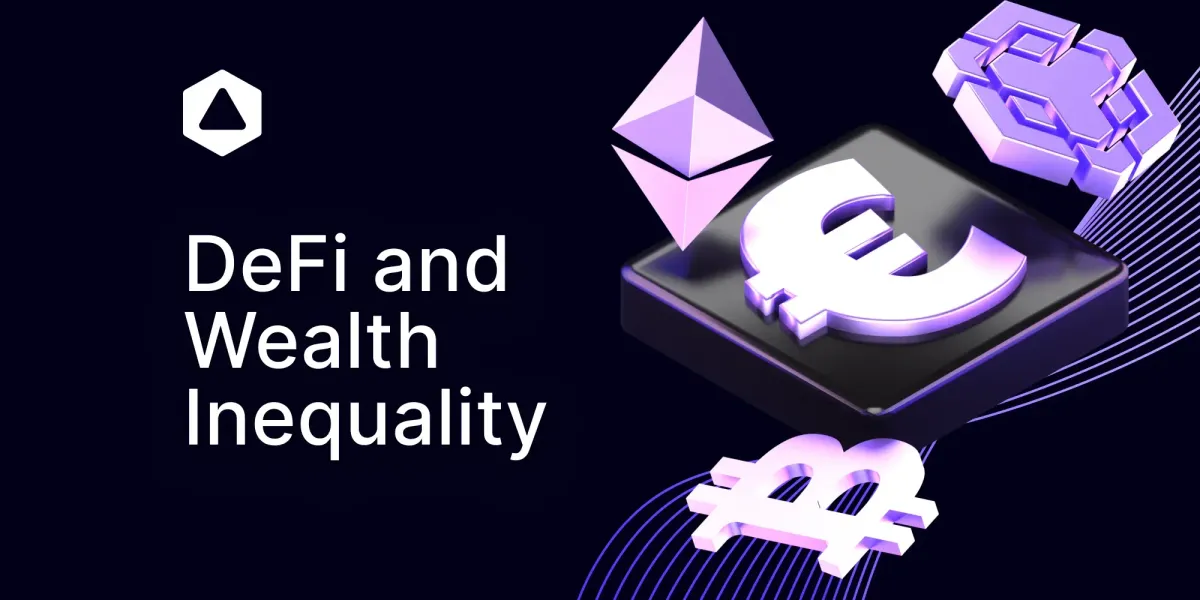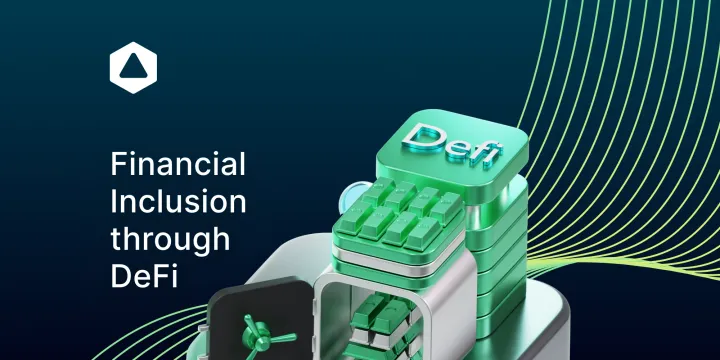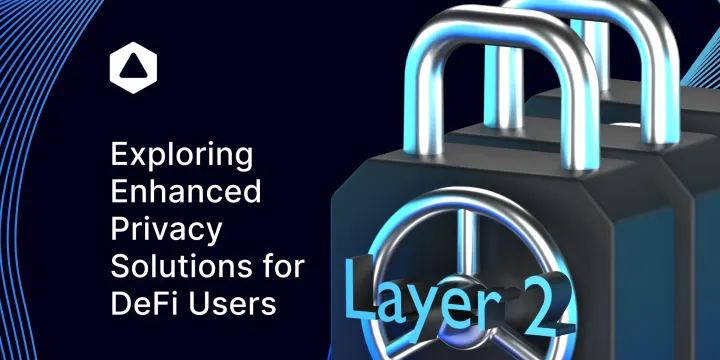DeFi and Wealth Inequality: Analyzing the potential impact of DeFi adoption on wealth distribution

Decentralized finance (DeFi) is a rapidly growing financial technology that allows people to access financial services without the need for a central authority. DeFi applications are built on blockchains, which are distributed ledgers that are secure and transparent.
Wealth inequality is the gap between the rich and the poor in terms of their assets and wealth. Wealth inequality is a global problem. The richest 1% of people in the world own more than half of the world's wealth. This means that the bottom 99% of people share the remaining half of the world's wealth.
Factors that contribute to Wealth Inequality
1. Income inequality: Income inequality is the gap between the rich and the poor in terms of their income. It is measured by the same Gini coefficient as wealth inequality.
2. Inheritance: Inheritance is the transfer of wealth from one generation to the next. This can lead to wealth inequality, as the children of wealthy parents are more likely to inherit wealth than the children of poor parents.
3. Education: Education can help people to earn higher incomes and build wealth. However, education is not equally accessible to everyone. This can lead to wealth inequality, as people from disadvantaged backgrounds are less likely to have access to quality education.
4. Opportunity: Opportunity is the chance to succeed in life. This includes things like access to good jobs, healthcare, and housing. Opportunity is not equally distributed, and this can lead to wealth inequality.
Negative Consequences of Wealth Inequality
1. Reduced economic growth: Wealth inequality can slow economic growth. This is because it can lead to a decrease in investment and innovation.
2. Increased social unrest: Wealth inequality can lead to increased social unrest, such as crime and violence. This is because it can create a sense of injustice and unfairness among the poor.
3. Reduced social mobility: Social mobility is the ability to move up the economic ladder. Wealth inequality can make it difficult for people to move up the economic ladder, as they may not have the same opportunities as people from wealthy backgrounds.
Things that can be done to address Wealth Inequality
1. Taxing the wealthy: One way to address wealth inequality is to tax the wealthy more heavily. This would help to redistribute wealth and reduce the gap between the rich and the poor.
2.Investing in education: Investing in education can help to reduce wealth inequality by giving everyone the opportunity to succeed.
3. Creating More Opportunities: Creating more opportunities for people to succeed can also help to reduce wealth inequality. This includes things like providing access to good jobs, healthcare, and housing.
4. Promoting social mobility: Promoting social mobility can help to ensure that everyone has the opportunity to move up the economic ladder, regardless of their background.
DeFi is still in its early stages of development, but it has the potential to revolutionize the financial system. DeFi could make financial services more accessible and affordable for everyone, and it could help to reduce wealth inequality.
There is a growing body of research that suggests that DeFi could have a positive impact on wealth inequality. For example, a study by the World Economic Forum found that DeFi could help to increase financial inclusion and reduce the cost of financial services. This could make it easier for people from disadvantaged backgrounds to access the financial system and build wealth.
Another study by the Bank for International Settlements found that DeFi could help to improve the efficiency of financial markets. This could lead to lower interest rates and more opportunities for investment, which could benefit all members of society.
Specific Ways that DeFi Could Impact Wealth Inequality
Increase financial inclusion
DeFi could make financial services more accessible to people from disadvantaged backgrounds. This is because DeFi applications do not require users to have a bank account or a credit history.
Reduce the cost of financial services
DeFi could reduce the cost of financial services, making them more affordable for everyone. This is because DeFi applications do not need to be operated by a central authority, which can save costs.
Improve the efficiency of financial markets
DeFi could improve the efficiency of financial markets by making it easier for people to trade and invest. This could lead to lower interest rates and more opportunities for investment, which could benefit all members of society.
Potential Challenges and Risks Associated With DeFi Adoption
Fraud and cyberattacks
DeFi applications are still relatively new and untested, and there is a risk of fraud and cyberattacks. This is because DeFi applications are not regulated by a central authority, which makes them more vulnerable to attack.
Regulatory uncertainty
Governments around the world are still trying to figure out how to regulate DeFi. This regulatory uncertainty could create uncertainty for investors and make it difficult for DeFi applications to scale.
Technology adoption
DeFi is still a new technology, and it may take some time for it to be widely adopted. This could slow down the potential impact of DeFi on wealth inequality.
Despite these challenges, the potential benefits of DeFi for wealth inequality are significant. If DeFi can overcome these challenges and be widely adopted, it has the potential to make financial services more accessible, affordable, and efficient for everyone. This could help to reduce wealth inequality and create a more just and equitable society for all.
Data and Methods that could be used to address the research questions on DeFi and wealth inequality
Data: The following data could be used to study the impact of DeFi on wealth inequality:
- Survey data: Survey data could be used to collect information on people's experiences with DeFi and their perceptions of its impact on wealth inequality.
- Transaction data: Transaction data from DeFi applications could be used to track the flow of money and to identify patterns of financial inclusion and exclusion.
- Regulatory data: Regulatory data could be used to track the development of DeFi regulation and to identify the challenges and risks associated with DeFi adoption.
Methods: The following methods could be used to analyze the data:
- Quantitative methods: Quantitative methods could be used to analyze survey data and transaction data.
- Qualitative methods: Qualitative methods could be used to analyze data from interviews with experts in the field of DeFi and wealth inequality.
- Mixed methods: Mixed methods could be used to combine quantitative and qualitative methods.
The specific data and methods that are used will depend on the specific research questions that are being addressed. However, the data and methods listed above are a good starting point for studying the impact of DeFi on wealth inequality.
Here are some additional considerations for choosing data and methods:
- Reliability and validity: The data and methods should be reliable and valid. This means that the data should be accurate and the methods should be able to accurately measure the phenomenon that is being studied.
- Timeliness: The data should be timely. This means that it should be collected at a time that is relevant to the research questions that are being addressed.
- Cost: The data and methods should be cost-effective. This means that the cost of collecting and analyzing the data should be justified by the value of the information that is obtained.
Conclusion
DeFi has the potential to have a positive impact on wealth inequality. However, it is important to be aware of the challenges and risks that DeFi faces. If these challenges and risks can be addressed, DeFi has the potential to make a significant positive impact on the world. Here are some additional thoughts on the conclusion: DeFi could help to level the playing field for people from disadvantaged backgrounds. This is because DeFi applications do not require users to have a bank account or a credit history. This could make it easier for people from disadvantaged backgrounds to access financial services and build wealth.
DeFi could help to reduce the cost of financial services. This is because DeFi applications do not need to be operated by a central authority, which can save costs. This could make financial services more affordable for everyone.
DeFi could help to improve the efficiency of financial markets. This is because DeFi applications can be used to trade assets more quickly and easily. This could lead to lower interest rates and more opportunities for investment, which could benefit all members of society.

Connect with Bitfinity Network
Bitfinity Wallet | Bitfinity Network | Twitter | Telegram | Discord | Github

*Disclaimer: While every effort is made on this website to provide accurate information, any opinions expressed or information disseminated do not necessarily reflect the views of Bitfinity itself.




Comments ()